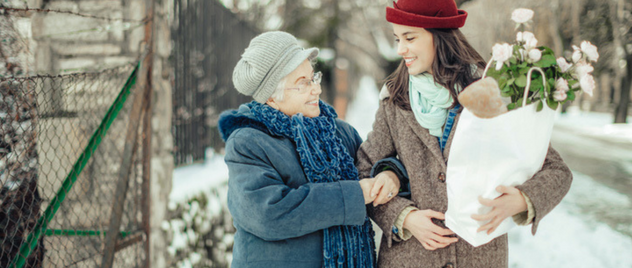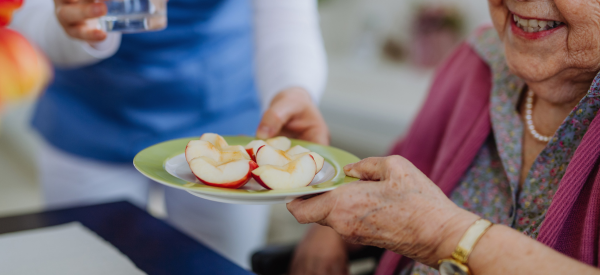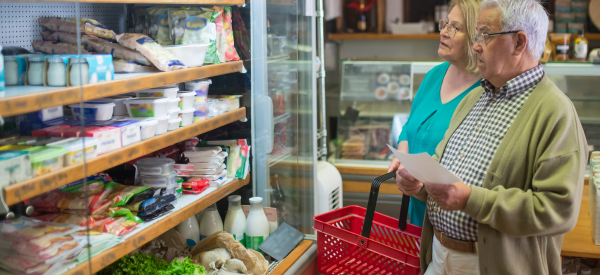Anyone is prone to the effects of harsh winter weather, especially the elderly. Hypothermia, frostbite, cold/flu and broken bones are only a few of the health issues associated with exposure to cold.
Before your senior loved one ventures out this season, be sure they are properly prepared for the cold weather. Here are a few things Freedom Home Care found that will keep your senior safe and warm as the temperature falls.
Help Prevent Hypothermia
During cold weather, the body’s temperature could drop below 35 degrees or less leading to hypothermia. Hypothermia can cause both multi-system injury and increased mortality. Because cold we fell the cold less as we age, we lose the ability regulate and control our body temperature. Tips to help shield your senior from this dangerous condition include:
When Inside
- Keeping doors closed to rooms not being used
- Closing and sealing off windows
- Placing rolled up blankets or towels near the bottom of doors to avoid drafts
- Ensuring that inside air Is not too humid or dry
- Maintaining a temperature of 68 degrees in the home
When Outside
- Dressing in layers. Wear loose-fitted clothing to avoid problems with circulation
- Wearing water-proof coats and boots
- Covering the head and neck with hats and scarves
- Arranging rides or using public transportation when traveling
Avoid Trips and Falls
Falling can be a significance risk for seniors in any season. Icy, snowy conditions can greatly increase this (risk). To help prevent trips, slips, and falls be sure to:
- Placemats or carpeting near halls and doorways
- Wear shoes or slippers with a firm-gripping sole
- Replace worn-down rubber tips on canes to reduce slippage
- Put rock salt, sand or de-icer on outside steps, driveways, and porches
- Shovel or remove snow for your loved one
Follow Safe Driving Tips
Many seniors still need to drive in order to get around – especially if they live alone. In winter months roads conditions become significantly worse because of the cold. Help your loved one stay safe while traveling by:
- Driving slowly in rain or snow
- Making sure tires are properly inflated
- Wearing a seatbelt at all times
- Keeping the gas tank at least half full
- Traveling with an emergency kit that includes emergency flares, heating packs, blankets, snow scrapers and water
Eating a Well-Balanced Diet
Eating and drinking right is encouraged all year round. But during winter it becomes particularly important for your senior to maintain healthy eating habits. Help them make choices that contribute to their health and safety by;
- Eating a diet rich in fruits and vegetables
- Consuming more Vitamin D
- Drinking plenty of water
- Avoiding caffeine and alcoholic beverages
- Eating light meals more frequently
- Drinking warm beverages




